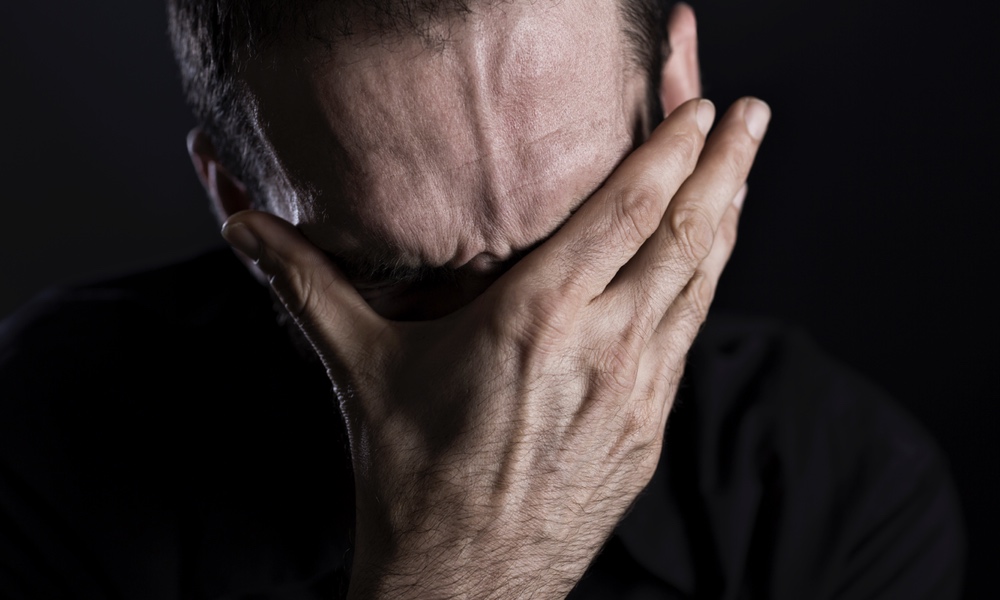If you experience migraines, you know how uncomfortable they can be. Symptoms may last for days and could include intense throbbing or pounding pain on one side of your head, as well as dizziness, vertigo, blurred vision, nausea and vomiting.
Some people get migraines almost every day, while others have what are called episodic migraine headaches, meaning they suffer with a migraine fewer than 15 days in a month. Episodic migraines affect 14 percent of our population.
Finding an effective treatment can be difficult, as well as expensive, and often involves trying several different medications simultaneously.
The American College of Physicians (ACP) Clinical Guidelines Committee (CGC) has just developed a set of recommendations for clinicians who care for adults with episodic migraine headaches and their patients.Medication can be a significant economic burden for those who suffer with migraines. The new American College of Physicians guidelines point healthcare workers in the direction of lower costs for their patients without compromising care or effectiveness.
The guidelines are based on three systematic reviews done in the Netherlands. They recommend that all adults who are not pregnant and are seen in an outpatient setting should be given monotherapy — treatment using only one medication.
The ACP suggests healthcare providers start with one of these five drugs: metoprolol, propranolol, valproate, venlafaxine or amitriptyline.
Surprisingly, the newer and more expensive medications, notably calcitonin gene-related peptide (CGRP) antagonists, the ACP's analysis reports, do not offer any clinically significant advantages over traditional treatments.
The guidelines are important for both healthcare professionals and their patients because they encourage cost-effective treatment options. Medication can be a significant economic burden for those who suffer with migraines. The new guidelines point healthcare workers in the direction of lower costs for their patients without compromising care or effectiveness.
For those patients whose response to the medications is either inadequate or intolerant, the second line treatments are CGRP antagonists or monoclonal antibodies.
As anyone who suffers with migraines knows, headache episodes, from moderate to severe intensity, can significantly affect daily life. The goal of the ACP's guidelines is not only to elevate the awareness of this condition, but also to suggest successful interventions. Many people who suffer with severe headaches do not get effective help.
Keep in mind that treating episodic migraine headaches takes time. Results are not immediate. Migraine management is often gradual, with benefits taking place over weeks or months from the start of the treatment.
Besides prescribed medications, there are holistic treatments that may offer relief for those suffering from the painful symptoms of episodic migraines. According to the American Migraine Foundation, they include:Newer and more expensive medications, notably calcitonin gene-related peptide (CGRP) antagonists, do not offer any clinically significant advantages over traditional treatments.
- Scalp Massage. Applying pressure to muscles can help relieve tension and stress, common migraine triggers. Massages can also help promote blood circulation, which can help ease pain.
- Sleep. Too much or too little sleep can cause migraine attacks. To avoid an attack, or making migraine symptoms worse, it's important to practice good sleep habits. This includes going to bed and waking up at the same time every day, turning off screens before bedtime and spending enough time in natural light during the day.
- Compresses. Cold compresses have proven to help with migraine attacks. Keep a cold compress or a bag of ice handy to press against your temple or neck when you feel an attack approaching or if your symptoms are difficult to manage.
- Hydration. Dehydration is a common cause of headaches and is thought to be a trigger for migraine attacks. Have water available at all times and try to drink the recommended eight glasses per day.
- Acupuncture. There's some evidence that acupuncture, a traditional Chinese practice that is believed to balance the balance of energy or “chi” in your body, may help reduce the frequency of migraines. It's a good idea to speak with your healthcare provider about alternative treatments, however.
The study is published in Annals of Internal Medicine.





